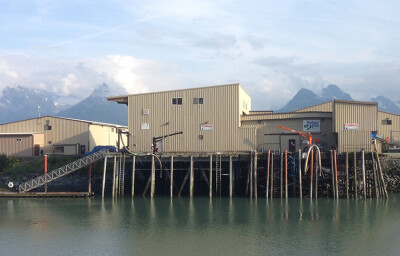It turns out that an oil-dispersal agent that was used to help control the Deepwater Horizon oil spill in the Gulf of Mexico may contribute to the damage of cells in lungs. Scientists have taken a closer look at Corexit EC9500A and have discovered that it very well could cause problems for both wildlife and humans.
"There were some 48,000 workers involved in the cleanup operations, and it is possible that workers were exposed to Corexit via inhalation," said Veen Antony, one of the researchers, in a news release. "Cough, shortnnness of breath anddd sputum production were among the symptoms expressed by workers."
In this case, the dispersant affects the epithelium cells. The epithelium is a thin layer of cells that provides a continuous, critical and highly regulated barrier to environmental insults. Inflammation of these cells can lead to a loss of integrity of the epithelium, causing an increase in permeability across the airway.
Read the full story at Science World Report>>
Want to read more about the Gulf oil spill? Click here...






